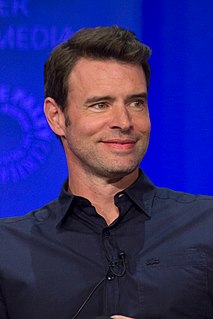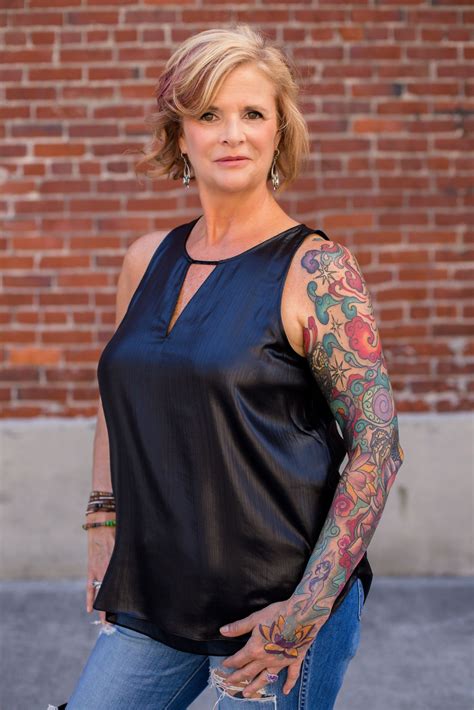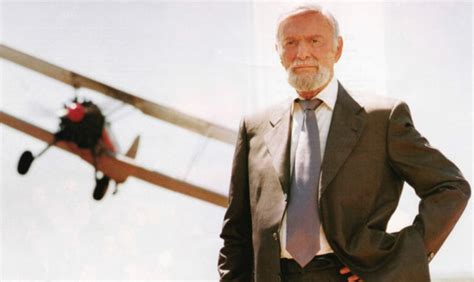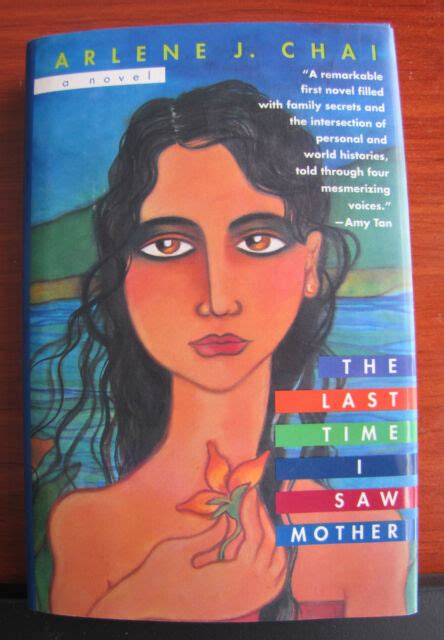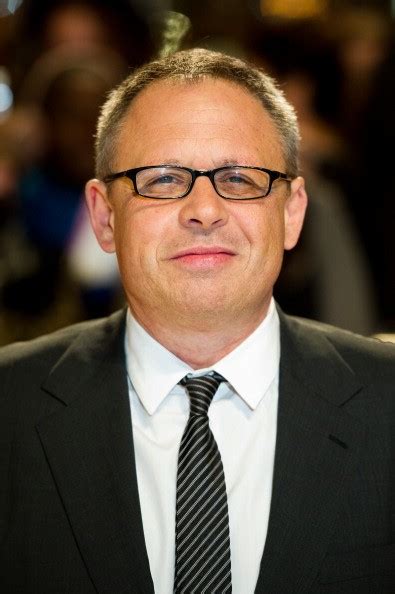A Quote by Scott Foley
As an actor, I know immediately if I'm saying a word that doesn't feel right coming out of my mouth, and I know how to change it. But as a director watching something, or even as a writer reading a script, sometimes it's not always clear what needs to be fixed.
Related Quotes
In terms of how I work with actors, having worked so heavily on the script I have a very clear idea of the characters; they are reasonably well illustrated in the script. If you cast it right, to a great degree you can hand it over to the actor and I just make suggestions. I'm not the kind of director who needs or wants to get into too much finessing. Ideally, when you hit the set, you have this conversation, like, 'eh, what did you think?' 'I don't know, what did you think?' 'Why don't we just try it again, make a few physical changes.'
I think the most important thing for an actor is reading the script and trying to figure out if you can play that character well. The last thing on my mind is if the director made good movies previously. It's not my job to know if that director's last movie was any good - it's my job to know if I can play the role.
You have to understand that people feel threatened by a writer. It's very curious. He knows something they don't know. He knows how to write, and that's a subtle, disturbing quality he has. Some directors without even knowing it, resent the writer in the same way Bob Hope might resent the fact he ain't funny without twelve guys writing the jokes. The director knows the script he is carrying around on the set every day was written by someone, and that's just not something that all directors easily digest.
I sometimes think about that, when I finish in something big I find it even hard, I feel like I lose an actual noticeable percentage of my reading time. Even on the reader end I find it so hard when a book that I love so much ends, to find the kindness to enter into a new one. Do you know what I'm saying? To find my way in, I feel like even there's that space after. I just love inhabiting a book that hits right.
But you really - I always think that a director has got to adapt to whatever the needs of the actor are. You know, so if you take someone like Eddie Murphy, who is not a big fan of rehearsal. You know he comes out of stand-up. He comes - it's all about capturing the moment - in the moment, you know.
The only disadvantage to directing if you've been an actor is how self-conscious you are. When I'm directing, I'm always so aware when I'm speaking to an actor of how easily I could throw them off by saying something careless or not being clear or concise. So it does make you watch your words in a way that sometimes is unhelpful.
